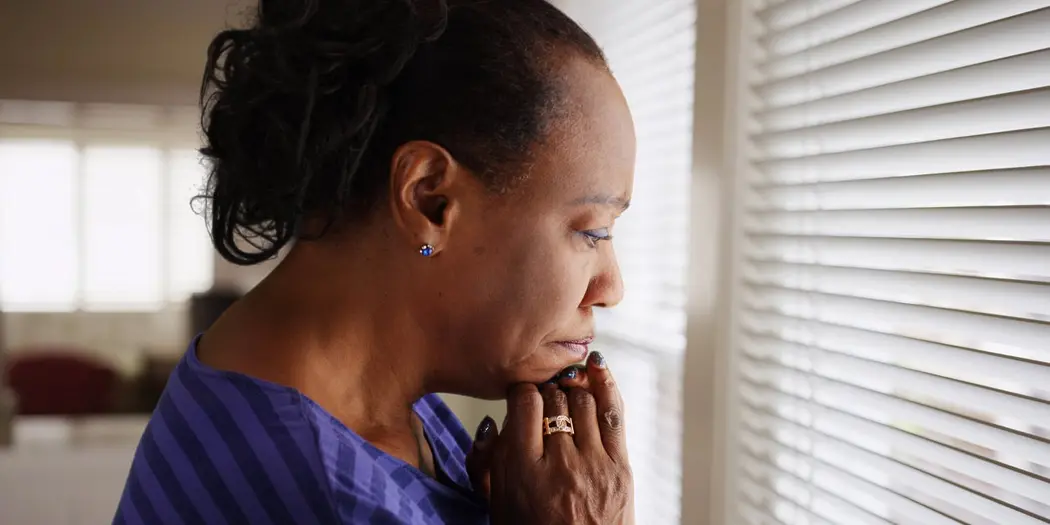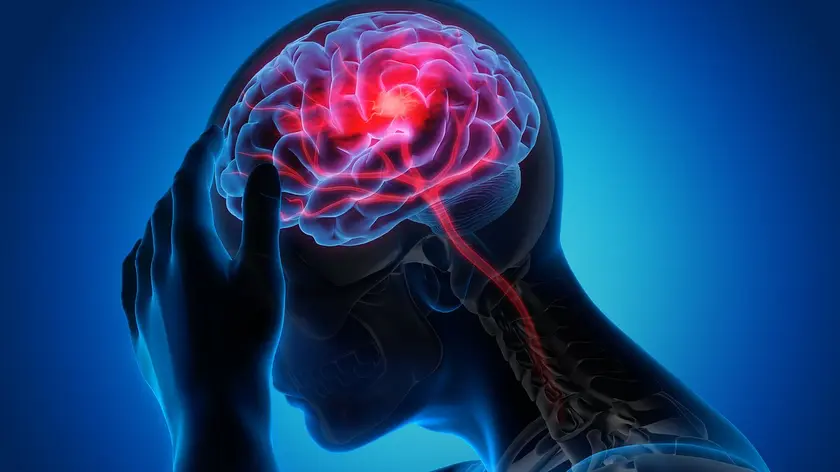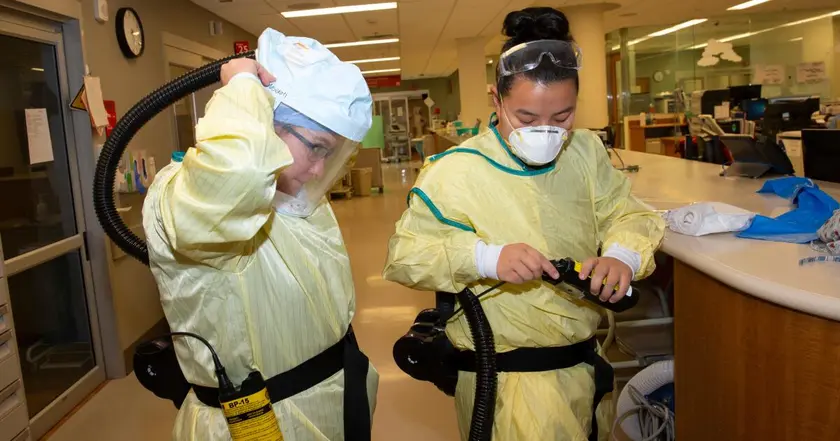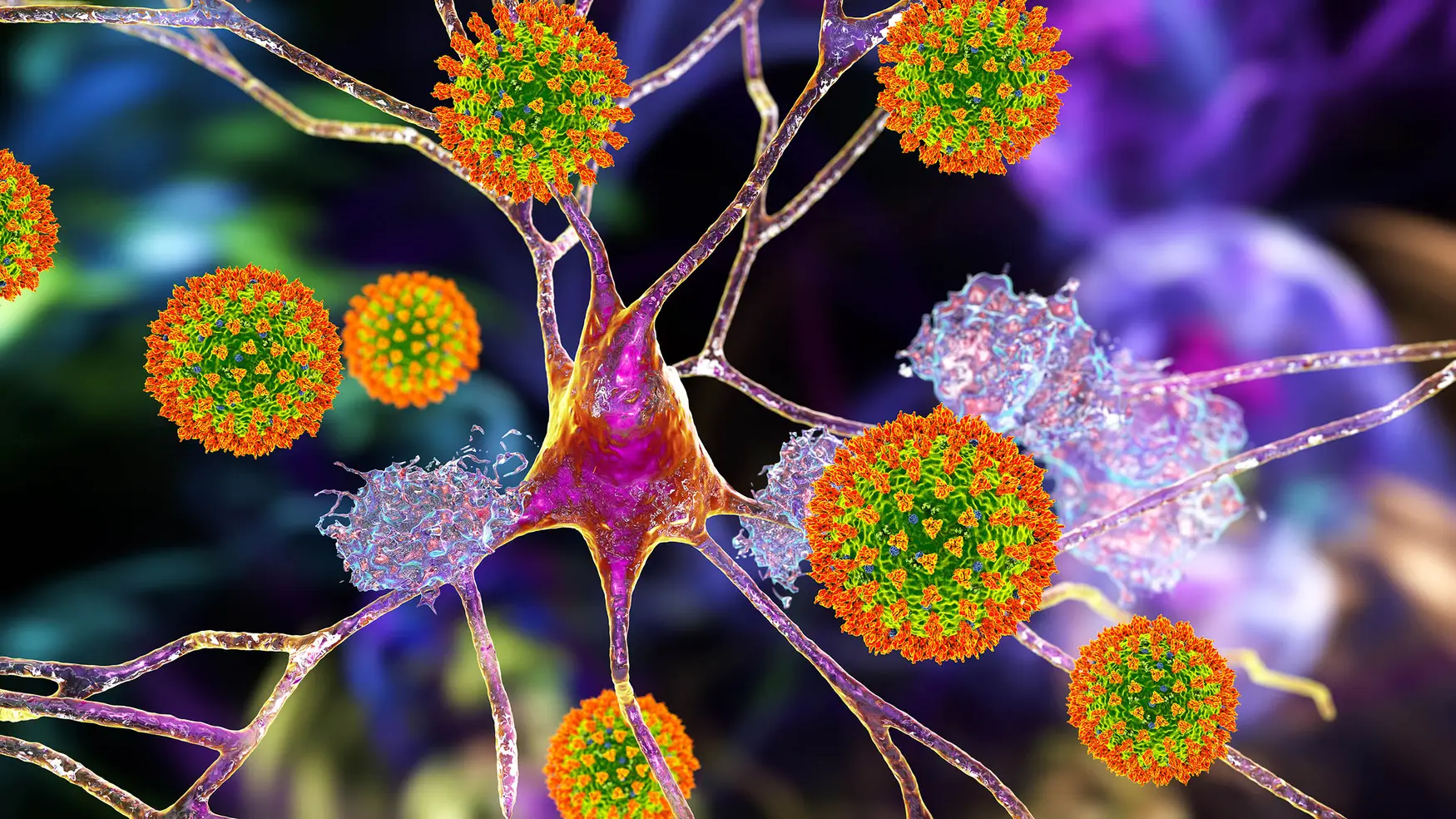T4K3.news
Covid linked to faster arterial ageing in women
New study finds Covid can age arteries by up to five years, especially in women. Vaccination may reduce the effect.

An international study links Covid infection to faster arterial ageing, with women most affected and vaccination offering some protection.
Covid ages arteries in women study reveals
A large international study followed 2,390 people across 16 countries to see how Covid affects the arteries. Participants were grouped from those who never had Covid to those with mild infections, and those who were hospitalised, with some treated in intensive care. Six months after infection and again at twelve months, researchers measured carotid-femoral pulse wave velocity to gauge arterial stiffness. All groups who had Covid showed stiffer arteries than those never infected, and the effect was strongest in women. Vaccinated participants tended to have less stiffness than unvaccinated ones. The study suggests the change in arterial stiffness is clinically meaningful, roughly equivalent to ageing about five years, and it raises the potential for higher cardiovascular risk.
Researchers explain that Covid can act on blood vessel lining through ACE2 receptors, contributing to vascular dysfunction and possibly accelerated vascular ageing. They also note that women often mount a faster immune response, which can both help and harm blood vessels after infection. Lead researcher Rosa Maria Bruno emphasizes the need to identify people at early risk to prevent heart attacks and strokes. Researchers plan to continue following participants to see if accelerated vascular ageing translates into more cardiovascular events.
Key Takeaways
"We know that Covid can directly affect blood vessels. We believe that this may result in what we call early vascular ageing, meaning that your blood vessels are older than your chronological age and you are more susceptible to heart disease."
Study leader explains mechanism and risk
"Women mount a more rapid and robust immune response, which can protect them from infection. However, this same response can also increase damage to blood vessels after the initial infection."
Explanation of sex differences
"The Covid-19 virus acts on specific receptors in the body called ACE2 receptors present on the lining of blood vessels."
Mechanism of vascular impact
The findings add to growing concerns about long term health effects after Covid, particularly for women. The data suggest a measurable, lasting change in vascular health that vaccination can mitigate, but it is not yet clear how this translates into actual heart events over time. The study’s observational design means other factors—lifestyle, existing conditions, and access to care—may influence results. Still, the gender difference points to biological and immune-system dynamics that require closer scrutiny. Policymakers should consider clear messaging on heart health after Covid and invest in longer term monitoring for at risk groups rather than rushing toward harsh or simplistic conclusions.
Highlights
- Vascular ageing after Covid could be the unseen risk we overlook
- Vaccination matters beyond preventing symptoms
- Women bear the sharpest price for this vascular ageing
- We need to track outcomes as the clock ticks on this ageing process
Potential public reaction to gender related health findings
The report highlights stronger effects in women, which could invite misinterpretation or policy backlash. It is important to present findings carefully and not to stigmatize any group.
Further study will reveal how these findings affect long term heart risk.
Enjoyed this? Let your friends know!
Related News

Covid linked to faster vascular aging

Covid linked vascular aging raises risk for women

Research links bright night lights to heart issues

Study reveals poverty's impact on women's memory decline

Stroke risk linked to pregnancy history

Study shows pandemic accelerated brain aging

Vaccine injury spurs class action

New cardiology recommendations aim to lower heart disease
